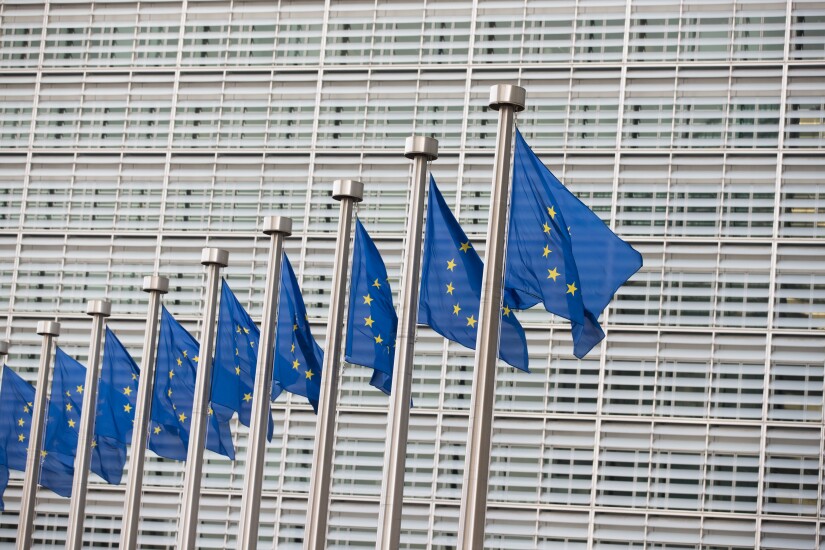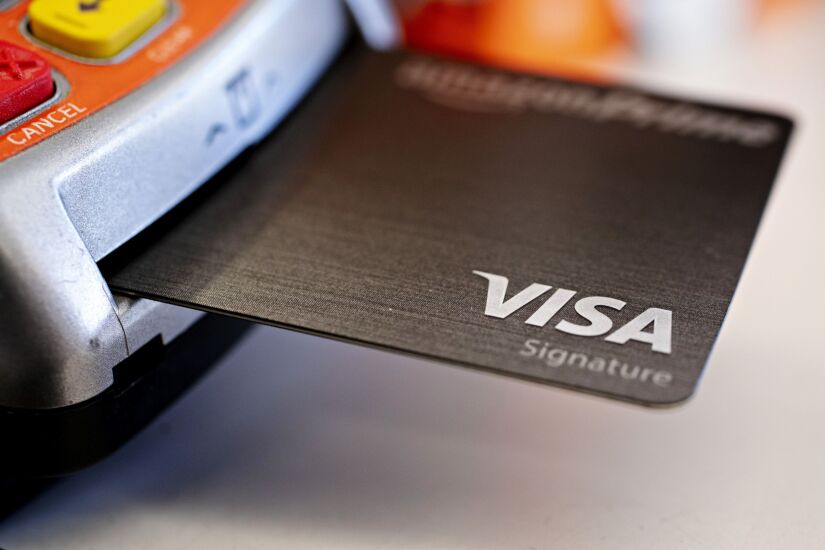
Digital euro starts to take shape

NAB targets summer launch for stablecoin

Barclays pushes U.K. tech investment outside of London

BBVA expands open banking in Turkey

German antitrust regulator probes PayPal

Mexican retailer launches mobile wallet

Visa prepaid card launch targets unbanked Peruvians

Female-led Spanish fintech raises $12 million






